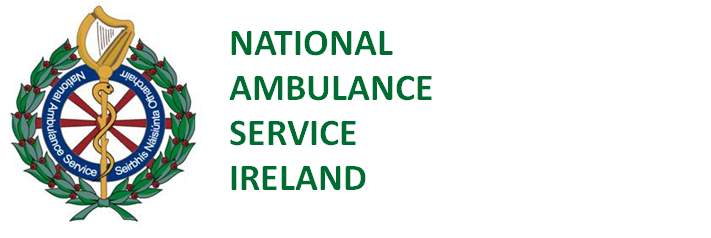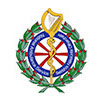In case of emergencies please ring 999/112
Out of Hospital Cardiac Arrest Register Annual Report published
Bystander CPR in cases of out-of-hospital cardiac arrest in this country increased by 24% between 2012 and 2022, according to a report published by the HSE National Ambulance Service today (Monday, 16th October 2023).
Bystander CPR happens when someone who has witnessed or comes across a cardiac arrest steps in to provide CPR.
Key points from the 2022 Annual Report of the Out-of-Hospital Cardiac Arrest Register (OHCAR):
- Defibrillation was attempted in 896 cases last year with 31% of those attempts being made prior to the arrival of the Emergency Medical Services (282 out of 896 cases), highlighting the valuable life-saving work of Community First Responders and bystanders
- Overall, in 2022 there were 2,802 cases of out-of-hospital cardiac arrests where resuscitation continued after the arrival of the Emergency Medical Services
- Of the 2,802 patients, 66% were male and the median age was 69 years - patients ranged in age from less than one year to 101 years of age
- Women who suffered a cardiac arrest were on average two years older than men (69 years vs 67 years) and the majority of all cardiac arrests happened in the home (69%)
- Of the 2,802 people who suffered an out-of-hospital cardiac arrest where resuscitation was attempted, 206 individuals or 7.3 per cent survived to leave hospital alive
- Bystander CPR was attempted in 84% of cardiac arrests in 2022
- Attempted defibrillation before the arrival of Emergency Medical Services has increased to 10% of all patients (282 out of 2,802 cases).
Community First Responders and other first responders play a very important role in supporting the delivery of prehospital emergency care in local communities. First Responders can include members of the general public, off-duty healthcare workers, members of Community First Responder groups, Local Authority Fire Services, voluntary organisations (such as the Irish Red Cross, Order of Malta, St. John’s Ambulance, and the Irish Coast Guard), and auxiliary services such as Civil Defence, and members of An Garda Síochána.
Professor Conor Deasy, Chair of the OHCAR and Consultant in Emergency Medicine at Cork University Hospital said: “It’s great to see that bystander CPR in cases of out-of-hospital cardiac arrest in this country increased by 24 per cent between 2012 and 2022. In line with previous years, surviving patients were more likely to be younger and have been witnessed to collapse in a public urban location. Knowing what to do – ring 999/112, put your phone on a speaker while speaking to the 999 Call Taker and start chest compressions – is very important.’’
“Members of the public defibrillated 282 patients, of whom 87 survived (31%). This achievement emphasises the importance of Community First Responders and Public Access Defibrillators in saving lives.”
The OHCAR is hosted and funded by the HSE National Ambulance Service (NAS) and captures the work of EMTs, Paramedics and Advanced Paramedics working for NAS and Dublin Fire Brigade aiming to improve outcomes in Ireland for these extreme emergencies by continuous evidence based performance measurement and feedback to service providers and the broader community.
For more information, see https://www.hse.ie/eng/services/news/newsfeatures/out-of-hospital-cardiac-arrest-register-ohcar-/

